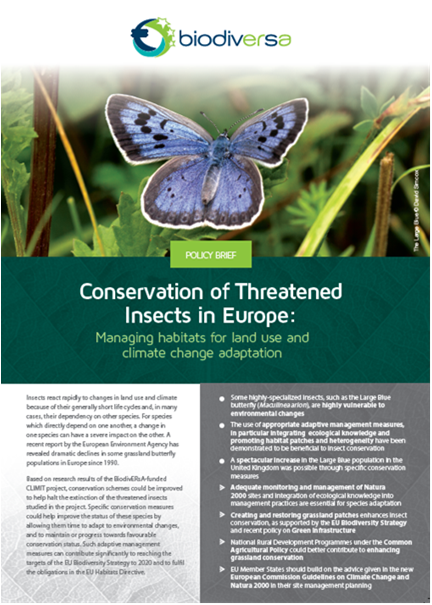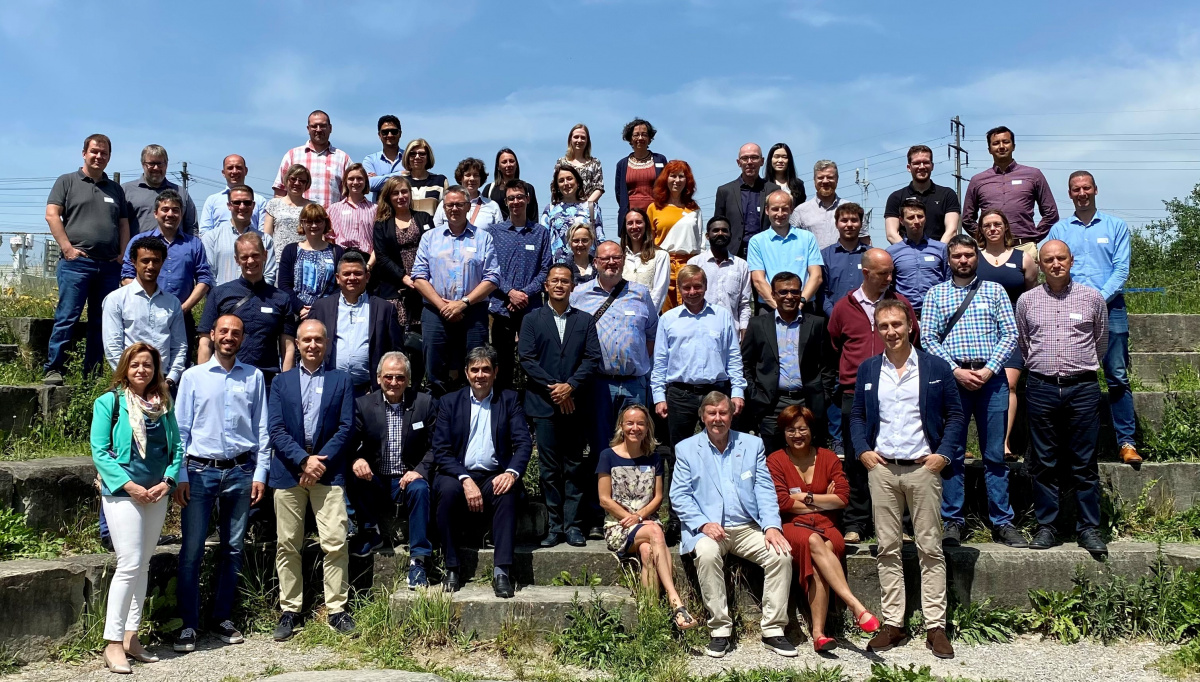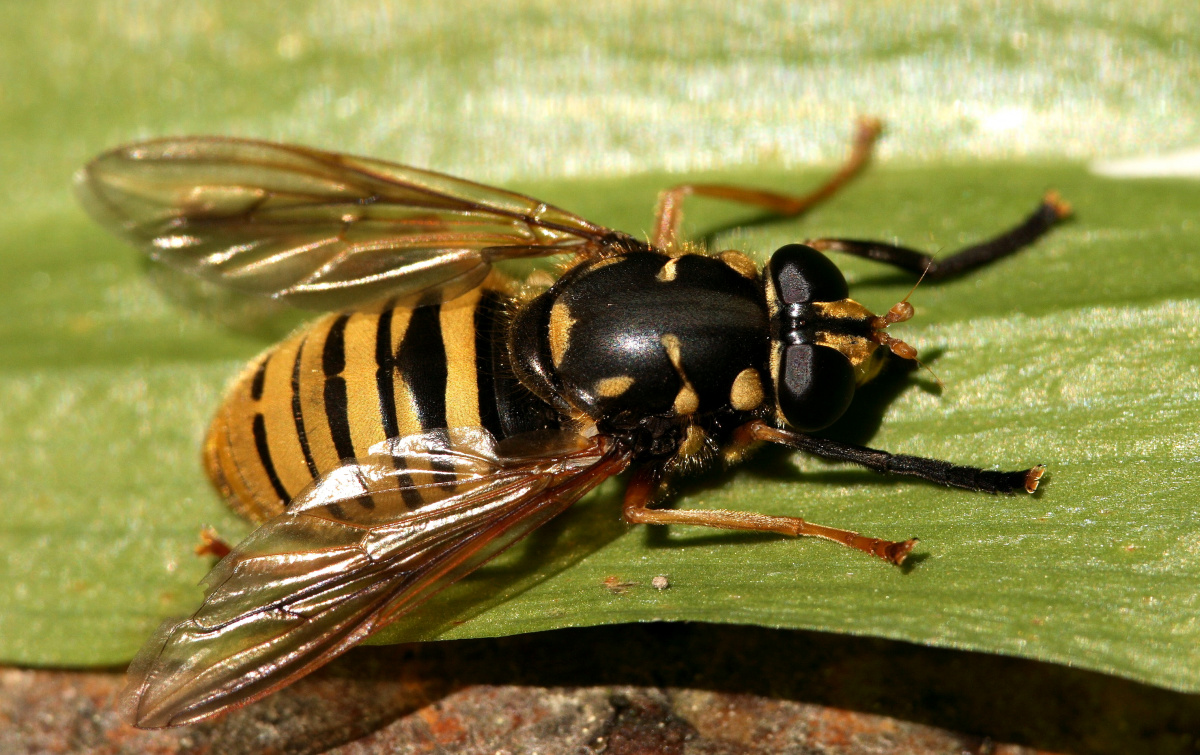BiodivERsA Policy Brief #2: Managing habitats for land use and climate change adaption
IUCN has partnered up with BiodivERsA to help translate the results of the projects funded by the network into a series of policy briefs targeted primarily to EU policy-makers. IUCN has worked closely with the BiodivERsA scientists and experts within the IUCN network to identify key recommendations for EU policy.
The second BiodivERsA Policy Brief focuses on the conservation of threathened and vulnerable insects in the context of changing land use and climate. The brief is built on the CLIMIT project (CLimate change impacts on Insects and their MITigation) focusing on three butterflies species, as well as the main food plants, ants and parasitoids with which each directly interacts for its own survival. The main results indicated that when protected area management takes into account the adaptive needs of species, sites can support much bigger population than usual. Moreover, the restoration and enhancement of patches of degraded ecosystems is an effective long-term tool in conserving the studied insects, as these patches work as stepping stones promoting butterflies' dispersal. The results suggested that in the northern European ranges of the studied insects, altering land management can help address the effects of modest climate warming. The Policy Brief gives some specific recommendations based on the research results to contribute significantly to reaching the targets of the EU Biodiversity Strategy to 2020, and to fulfill the obligations in the EU Habitats Directive.
The series of BiodivERsA Policy Briefs produced by IUCN can be found here.





